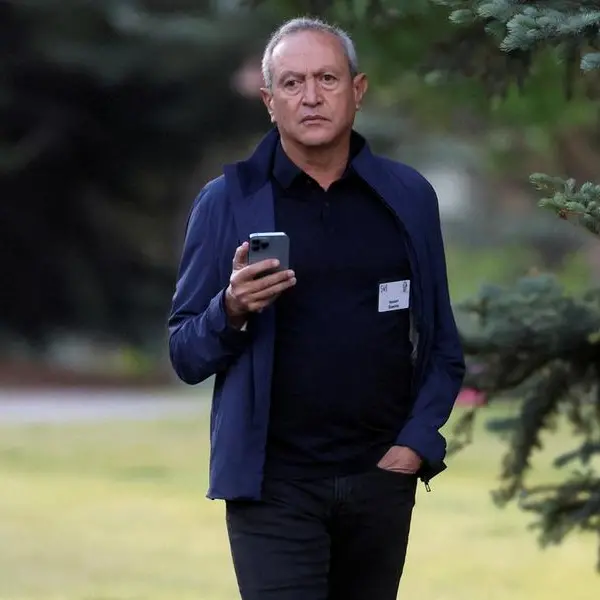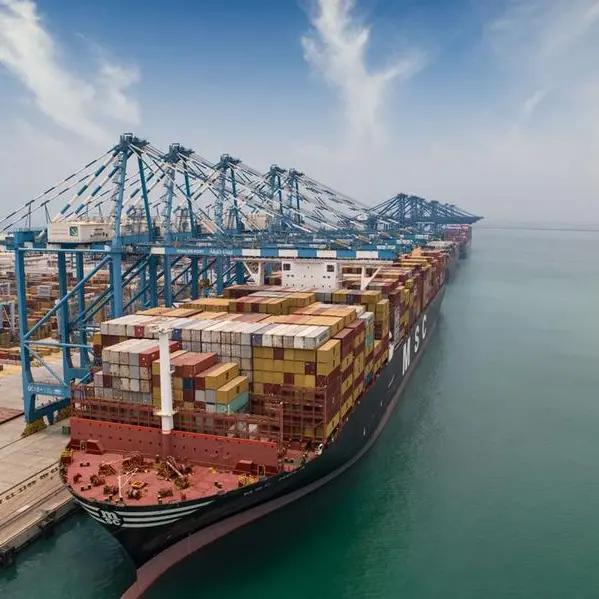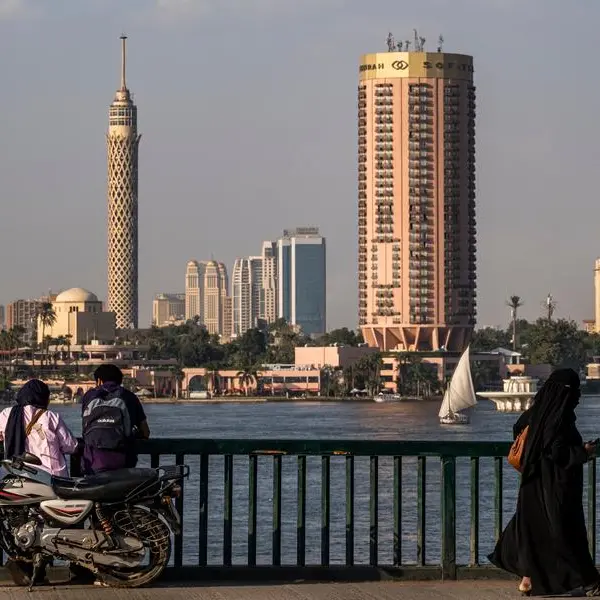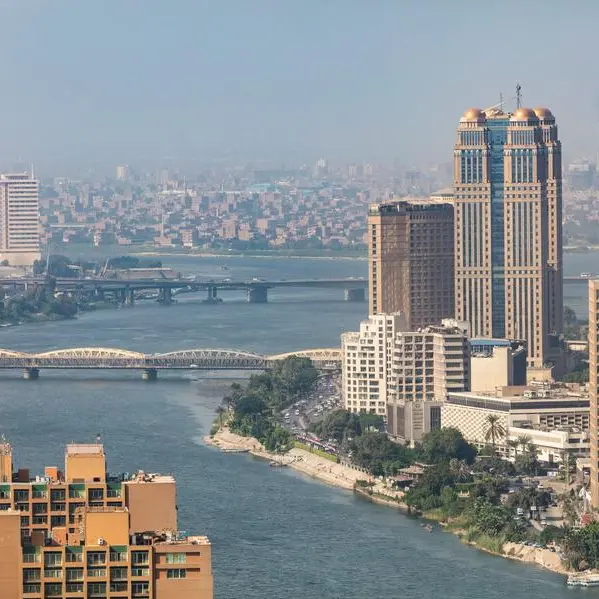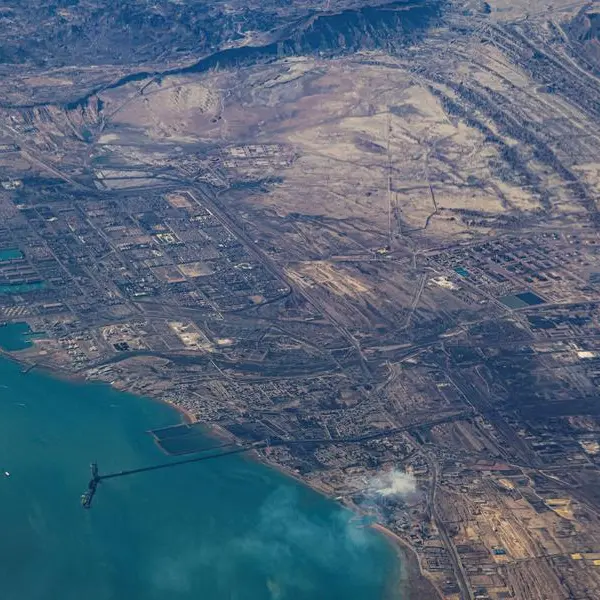Thursday, Jun 07, 2012
(This story was originally published Wednesday.)
By Hassan Hafidh and Benoit Faucon
(Dow Jones)--A competition between Saudi Arabia and Iran over a prestigious OPEC post could pave the way for a compromise candidate from a third-party country to take the job, officials and analysts said.
Iran Wednesday confirmed that former oil minister Gholam-Hosain Nozari had been introduced as Tehran's candidate for the position of secretary general. That follows a previous move by Saudi Arabia to nominate OPEC governor Majid Munif to the position, which serves as the group's official leader and public face. Iraq and Ecuador have also put forward candidates.
But Iran and Saudi Arabia lead rival factions within OPEC, raising the possibility that the group could side with one of the more neutral picks on a critical appointment as OPEC contends with an uncertain global economic outlook and other thorny issues. OPEC is expected to decide the matter next week during a meeting in Vienna.
There is also precedent within OPEC of extending the tenure of the current Secretary General on an interim basis when the group can't reach a consensus on a new leader. Current Secretary General Abdalla Salem el-Badri is set to leave at the end of the year.
Iraq and Ecuador have respectively named Thamer Ghadhban and Wilson Pastor as their candidates for the position.
Based on current differences, "I don't believe it can be an Iranian or a Saudi," said Neil Atkinson, an energy analysis director at U.K. research firm Datamonitor, who notes that the decision must be unanimous.
By contrast, Mr. Atkinson added, "the Iraqi could be an acceptable candidate. OPEC has come up with a compromise candidate before."
The fact Iran and Saudis are both vying for the job "could create frictions," said an OPEC delegate from an African country. For that reason, the delegate said it was likely the group would pick either the Iraqi or the Ecuadorian.
"We will choose a neutral candidate," the African delegate said.
The determination on the Secretary General comes amid ongoing friction between Iran and Saudi Arabia in the wake of the West's rising pressure on Iran over its alleged nuclear program.
Iran has frequently criticized Saudi Arabia for overproducing and not following OPEC's quota system. Despite agreeing to a ceiling of 30 million barrels a day in December, OPEC has boosted production by 1 million to 2 million barrels a day above that level as Arab producers in the Persian Gulf sought to tame rocketing oil prices.
Extra production from Saudi Arabia has helped offset a decline in Iranian oil on global markets in the wake of international sanctions.
The rivalry between Iran and Saudi Arabia on market share parallels other points of friction between the two countries. Saudi Arabia has accused Iran of supporting a Shiite opposition in Bahrain who are trying to topple Saudi-backed Bahrain monarchy. The kingdom has also accused Iran of trying to destabilize other Arab Gulf states by influencing minority Shiites in these states.
The tiff between Saudi Arabia and Iran over OPEC's leadership also comes as Iraq gradually shifts into a more high-profile role within the cartel. The country is currently still exempt from the OPEC quota system, although Iraq's reinstatement is seen as more imminent than it was previously.
Iraqi output has been increasing quickly and the country plans to produce at least 8 million barrels a day by the end of 2020. Independent analysts are skeptical of some of Iraq's medium-term forecasts, but don't contest that Iraqi output is rising.
Iraq's approach is two-pronged. It wants an Iraqi official installed in high office in the group, and has suggested that it will be willing to submit to output-restraint disciplines.
- Write to Hassan Hafidh at Hassan.Hafidh@dowjones.com and Benoit Faucon at Benoit.Faucon@dowjones.com
(END) Dow Jones Newswires
07-06-12 0345GMT
